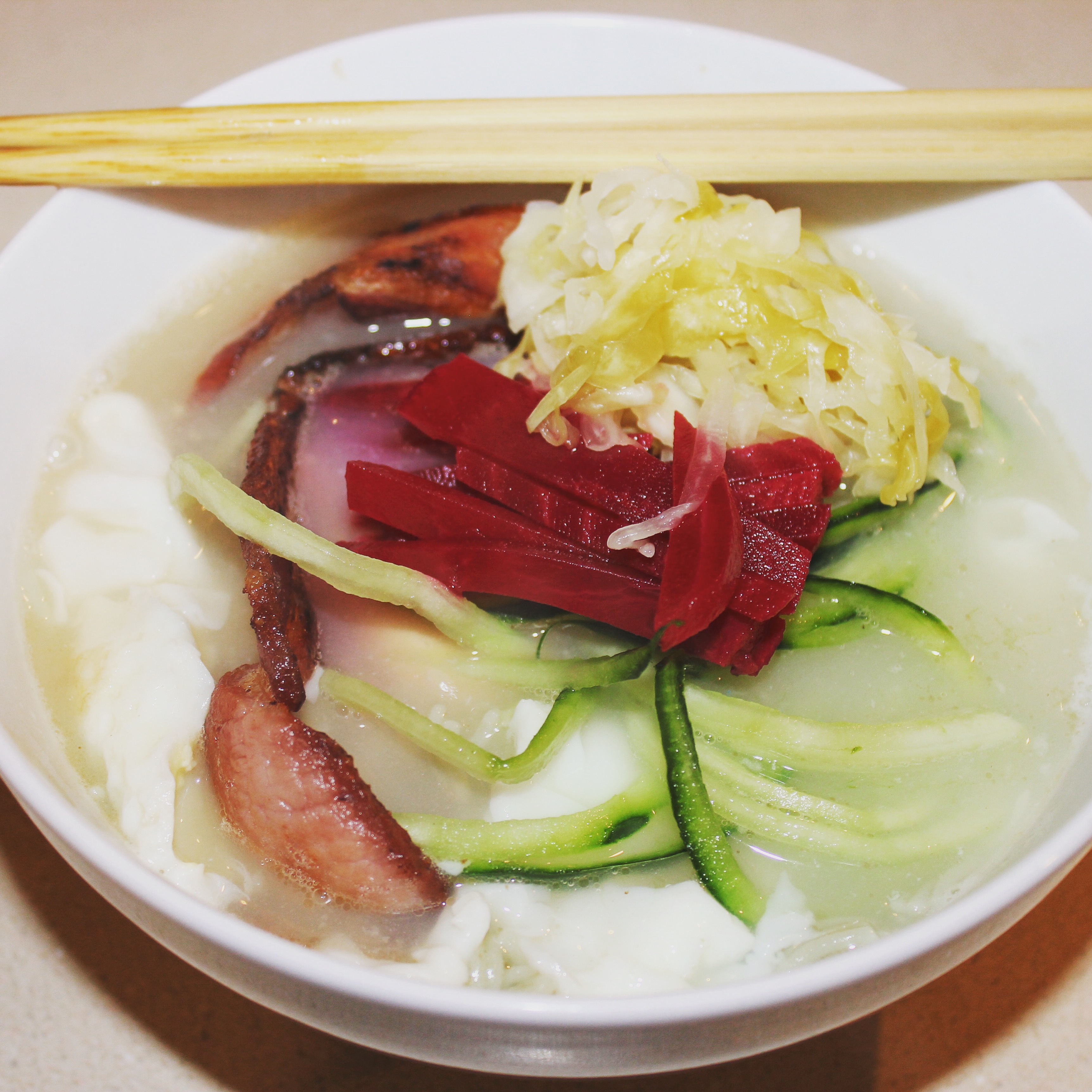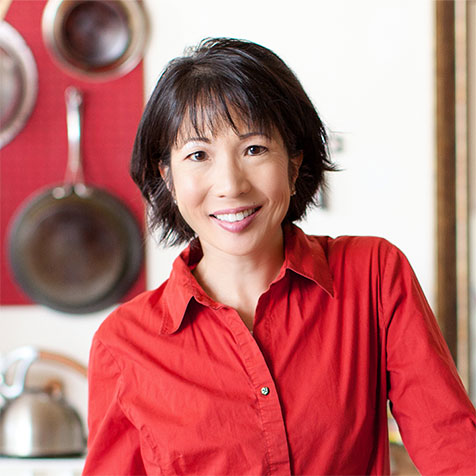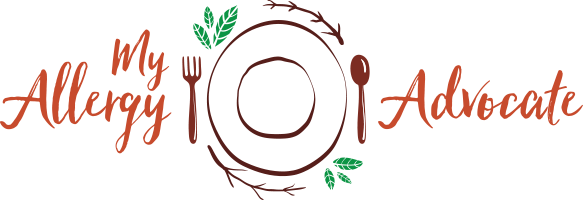The Plight of the Reluctant Omnivore
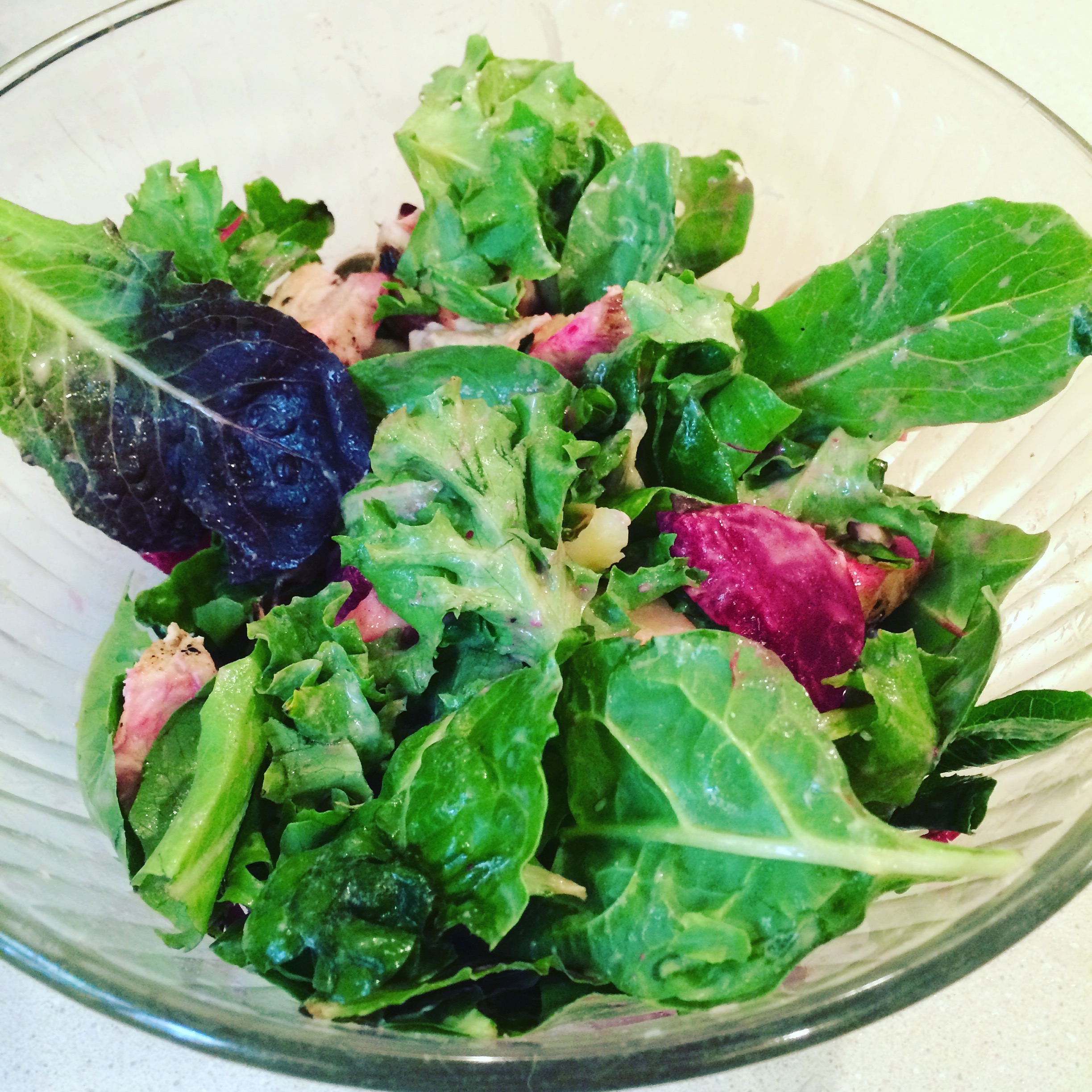
What happens if you cannot live on a vegetarian or vegan diet due to food intolerances, allergies, or autoimmune disease, AND you love animals so much, it’s difficult to eat them for meat? Photo by Imei Hsu.
In a chorus of happy plant-based friends and colleagues, I admit that I am sometimes skittish about mentioning that I am a Paleo, allergen-avoiding omnivore. With my current animal protien-intensive meals, my diet is the furthest cry from vegan and vegetarian.
However, my soul is not.
You see, I love animals. I am that woman that says, “Squee!” out loud when I see pictures of cute, furry pets, barnyard animals playing with one another, mini donkeys, unusual animals in their natural habitats, and the big animals of the wild. I shed tears when I hear about elephants killed for their tusks or used as laborers for their ability to pull heavy loads. I have even come around to find unusual spiders and bizarre insects as fascinating co-habitants of our diverse planet.
Every Friday on my Facebook page, I post pictures of cute kittens and cats under the hashtag, FurballFriday for my friends to enjoy with me. It’s become a bit of a ritual, where I search Pinterest every Thursday evening to line up the best pictures to share the next morning. I’ve even created a few, “Hey Girl” photos of my own, using a photo of a kitten and a blanket.
And so, every time I sit down for a meal, prep my lunches, or select something from a menu, I am painfully and mindfully aware that my choice to eat meat cost an animal its life. I am eating the suffering of an animal, along with vegetables, rice, fruits, and oils, to keep me alive. If I love animals as much as I say that I do, why on earth do I eat them for food?
The answer is simple, but never easy: to survive.
So, what do I do — and what do you do — if you find yourself a Reluctant Omnivore?
A Two-Year Experiment
I first coined the term for myself, “Reluctant Omnivore” after my first major failed attempt at vegetarianism in the early 1990’s. I was having some trouble with environmental allergies while I lived in Los Angeles, and after being placed on steroidal medication to treat repeat bronchial infections, I began to remove foods that seemed to trigger breathing problems, beginning with corn, dairy, and nuts. After I underwent a comprehensive allergy panel, I discovered that I needed to eliminate over 300 foods across nearly every food category. This required a major lifestyle change on my part.
On the original allergen list, I was showing up reactive to beef, chicken, eggs, dairy, and cod from the meat list. It was then that I got the idea that maybe a vegetarian lifestyle would make a lot more sense for me. But there was a problem.
Vegetarians and vegans get their protein from fruits and vegetables, beans, legumes, seeds, as well as nutrient-dense grains. Typically, these are the following foods you’ll find in the vegetarian and vegan diet (I’ve listed a few examples:
grains (wheat and ancient grains, oats, corn, rice, ), vegetables (squash, green leafy vegetables, tomatoes, cucumber, cruciferous vegetables like broccoli and cauliflower, roots such as beets and turnips), fruits (berries, citrus, bananas), beans and legumes (lima, pinto, chickpeas, lentils, tamarind), soy products (which is a legume, such as tofu), nuts (peanut, almonds, walnuts), and seeds (sunflower, quinoa, flaxseed, sesame).
Some vegetarians will eat eggs and dairy (lacto-ovo vegetarians). After my Elimination diet began, I tried an essentially vegan diet, since I could not have eggs or dairy. And then, my guts fell apart, I began losing weight rapidly, I had no energy, and I was in and out of the doctor’s office. I passed out a couple of times. What happened?
None of my doctors thought to investigate the possibility that I had Celiac Disease, and the ELISA allergy test showed me highly reactive to corn and wheat. It got treated as a food allergy in the severe category: strict avoidance. But as many of you know, gluten is found in other foods, and cross contamination with other grains is common. As I began to rely on soy and soy products for protein, I became more and more ill.
I also showed up highly reactive to peanuts and most other nuts, certain seeds, a number of vegetables, a few fruits, and (wait for it) moderately reactive to coconut (a stubborn and friable rash on the face and arms, which would become burned in the California sun, even with sunblock).
Taking that list above and redacting it through the Imei Elimination Filter (*beep boop bing*), I had the following to work with:
grains (wheat and ancient grains, oats ( likely), corn, rice, ), vegetables (squash, green leafy vegetables, tomatoes, cucumber, cruciferous vegetables like broccoli and cauliflower, roots such as beets, parsnips, and turnips), fruits (berries, citrus (no pineapple, no banana), beans and legumes (lima, pinto, chickpeas, lentils, tamarind), soy products (which is a legume, such as tofu), nuts (peanut, almonds, walnuts), and seeds (sunflower, quinoa, flaxseed, sesame). I have updated this list, so you can see how little I can eat.
So, let’s say I needed 1500 calories a day to maintain my weight, and extra protein in order to make up the difference between what I lost as well as to try to gain energy. I did what most others were doing at the time: trying to eat a lot of soy products, and eating rice until I felt it was coming out of my ears. I took supplements. I drank super green shakes and added micronutrients. I put seaweed in everything I could. I just got sicker and sicker.
What the test did not reveal until about two years ago is that I had also been slowly reacting to legumes and alliums (onions, garlic, leeks, and shallots), as well as harboring a gut that was slowly but surely falling apart under the onslaught of gluten. While I tried to eat as much as I could on the vegetarian diet, I could not process most of the food I was eating, and over time, I became thinner, weaker, began to lose some hair, and was constantly falling asleep during the day from lack of energy. I stumbled around like a zombie, somewhere between the living and the dead.
There was no ‘plant power’; in fact, there was no power at all.
One day, I fell asleep at the wheel during a commute home. I pulled over on the side of the freeway and wept. Dragging myself back into the doctor’s office for testing, I was dehydrated from diarrhea, and had low iron, low potassium, and low sodium levels.
“Eat a bag of sunflower seeds, eat some meat, drink more water, eat a pizza if you want!” my doctor implored. “But you are slowly starving to death. I want you to consider that maybe the vegetarian diet is not working to improve your health.” I went home, ate some sunflower seeds, ordered a vegetarian pizza, and cried some more.
It was over. I became a lapsed vegetarian, guiltily looking behind me at the carnage of animal bones, bacon drippings, feathers, and fish bones in my wake.
A few more years of experimentation went by before I discovered that when I ate grass-fed beef with no fillers, I had no reactions whatsoever to the food. I wasn’t reacting to the beef itself; I was more than likely reacting to what the cow had been fed. Yet, I was still aware of the part of my soul that felt disappointed, as if it was simply a matter of moral weakness that led me to the decision to return to eating animal proteins again.
Over the years, I’ve checked in with a few knowledgeable, plant-based nutritionists and allergists to see if there was new information that could lead to a pathway to live on a vegetarian diet and be healthy enough to continue the activities I enjoy most, even if were considered an inconvenient diet (no processed foods, for example). So far, each nutritionist and allergist has strongly cautioned me to not maintain a vegetarian diet on a permanent basis.
What is a Reluctant Omnivore, anyway?
I coined the title Reluctant Omnivore to describe the person who, similar to myself, must eat a diverse diet that includes foods from as many food groups as possible, including the eating of animals for their protein, in order to survive, as well as to support the body’s needs for cell growth, repair, muscle building, fighting illness, and recovery.
In this framework, a Reluctant Omnivore isn’t a carnivore, nor is s/he a meat glutton. This kind of Omnivore accepts that one portion of the diet must include animal protein on a regular basis. A cat is an example of a carnivore, a obligate meat eater that could easily survive only on the meat of another animal. A Reluctant Omnivore, on the other hand, wishes to be an obligate plant eater, but cannot, because of her body’s needs over time for specific nutrients that are found in plant-based foods she cannot consume.
A Reluctant Omnivore understands that the eating of animal meat for protein is not so much a celebration of roasting flesh as it is a grateful acceptance of a sacrifice. Another way of stating this is to say that one makes a commitment to not eating more meat than one needs. Perhaps that’s a reason I’ve never felt drawn to the holiday tradition of cooking and eating a giant turkey on Thanksgiving Day. [Man, I would make a horrible editor of a food magazine]
Reluctant Omnivores are free to create additional rules, or a credo, to help guide their actions outside of the world of nutrition. Here are a few of mine:
- Support the use of cruelty-free health and beauty products.
- Stop the purchase of luxury items made of animals for fashion, furniture, and other products (my office uses synthetic fabric furniture)
- Encourage others to adopt animal-friendly politics, economics, and education.
- Treat animals you encounter with respect, concern, and awe.
- Support conservation projects that protect the habitats of endangered and threatened animals.
The trouble, of course, is when this all comes down to the dinner table. There is no way around the truth: I am consciously choosing to eat animal protein because I do not want to become ill again. Some would say that I don’t have a choice, but the fact is, I do. I choose this path because it is the one that keeps me in good health, and it still comes at the expense of an animal’s life.
That does not, as vegan author, Ironman triathlete, and Cro-Mag’s band frontman John Joseph might suggest, make me a “pussy“. It makes me a Reluctant Omnivore, a person who eats from every food group possible while on a medically-restricted diet, in order to survive.
As awful as this may sound to a staunch vegan, I put the value of my life above that of another. I cannot make it sound any better, nor any worse.
Are There Other Reluctant Omnivores Out There?
I have no idea how many other Reluctant Omnivores there may be out there. My educated guess is that there are people with food allergies and intolerances, Crohn’s and Irritable Bowel Syndrome, and autoimmune disease who have been placed on a medically-necessary diet that requires them to eat more meat than they feel comfortable with, yet consume because of their health. There are no collected statistics on this. Perhaps it’s time for a survey!
Among celebrities, I found a number of references to Julie Stiles, a former vegan who began to eat meat when she struggled with energy problems while traveling. Natalie Portman, Tom Hanks, Former President Bill Clinton, Biggest Loser fitness guru Bob Harper, and Ellen DeGeneres are former vegans who for a variety of reasons ceased living the vegetarian or vegan lifestyle and became their own versions of Omnivores. Whether or not they fit my definition of Reluctant Omnivore or not, I really do not know.
I Still Feel Guilty, Now What?
Guilt, or rather, true guilt, is experienced when you do something you know is wrong, and then do not do anything to make amends for that action. Eating a decadent ice cream sundae leads some people to feel guilty, but I would argue that it isn’t an example of true guilt; there was no crime committed here.
Or, is there? In the vegan world, the crime is that the milk in the ice cream came from the suffering of a cow and her baby.
With the eating of animal protein, I experience a sense of guilt from a place of knowing that if I wasn’t Celiac and didn’t have so many complicated food allergies, I would be striving to eat a vegetarian or vegan diet. Much of the diet makes sense; it’s just that my body cannot process these foods safely without sending me off to the hospital in a medical crisis. Yet, I am still left with a sense of guilt that there isn’t anything I can do about it, there isn’t any way around it, and I cannot make amends.
Or is there some type of amends, some way of experiencing this healing of the nature of our relationship to animals?
It is my choice, and mine alone, to choose short periods of time to practice what I know of responsible vegetarianism. Short periods of time can be a day, a week, or up to a month-ish, when my activity level is low enough to limit caloric demand to a reasonable level. I can then choose recovery periods where my caloric demands are the lowest, such as the off-season from racing.
To my body, it experiences something not too dissimilar to a calorie-restricted juice fast, so it cannot be maintained for long. Still, it’s a way to participate, to highlight the best of veganism and vegetarianism, experience the best of its benefits, yet without foolishly destroying my health and breaking the commitments I have made to the people I love.
While I have heard a few people on vegan forums criticize this kind of seasonal or temporary veganism, I am OK with that criticism. I am not choosing my path for them, just as they do not walk a day in my shoes. I am not saying that the use of cage free, free-range, and the so-called humane treatment of farm animals makes the slaughter of animals any easier to swallow (no pun intended). Perhaps it never will.
I’m looking forward to a couple of week’s after my first Ironman race, when I am planning to eat a modified vegetarian diet for a fixed period of time. Once my iron stores, hydration level, and weight have been stabilized, I’ll be creating, eating, and sharing about my most nutrient-dense recipes, tricks and tips, and insights about a rotating vegetarian-vegan-omnivore cycle.


